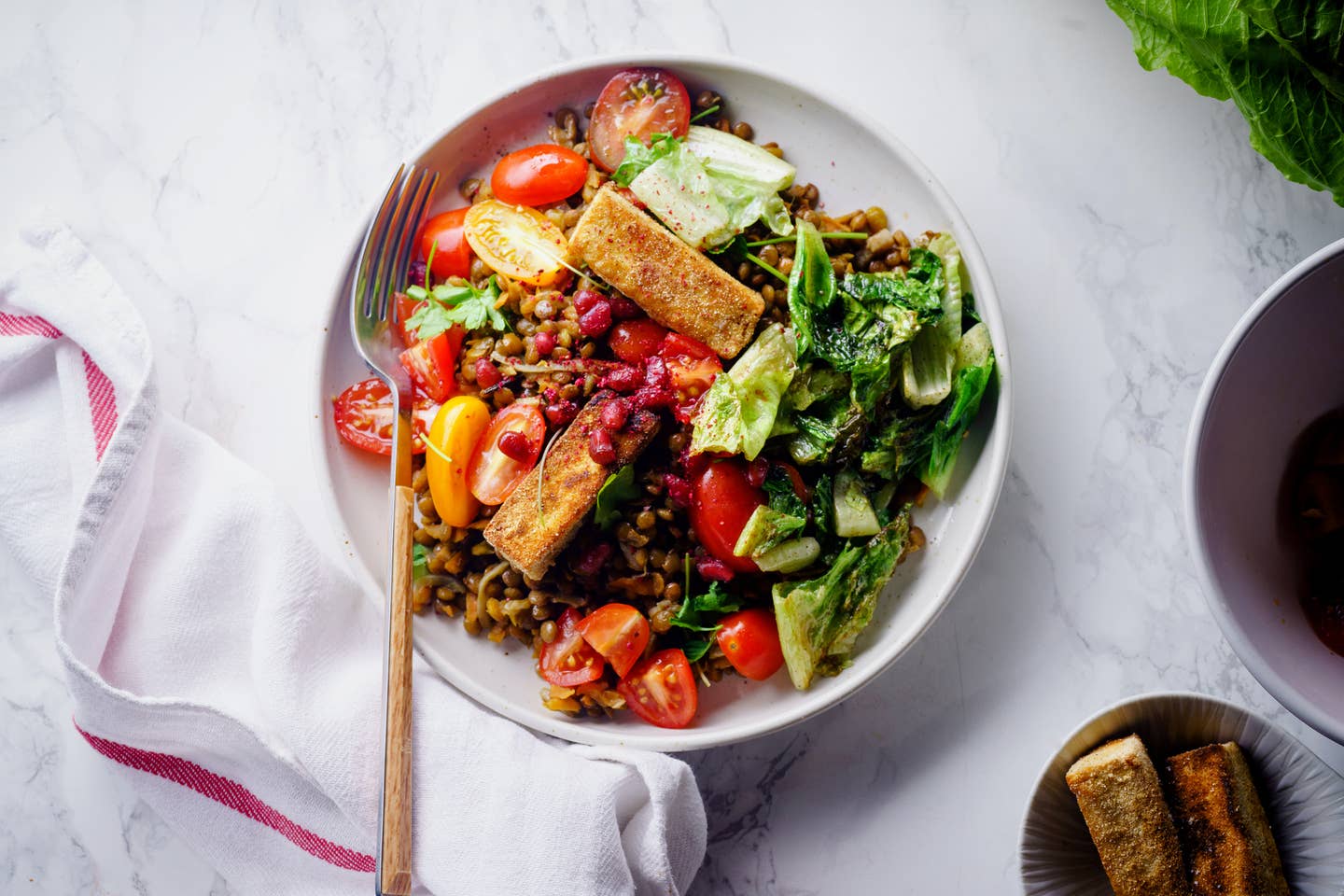
If You Want to Avoid Getting Sick, Add These 10 Zinc Foods to Strengthen Immunity
If the last time you thought about zinc was as it was being smeared on your nose at the beach, you’re not alone. It’s true that zinc is having a resurgence now, as an immune-boosting super nutrient that has been shown to help your immune system fight infection including bacteria, viruses, and specifically the viruses that can cause the flu or COVID.
Zinc has recently been shown in studies to be an effective immune booster, which can shorten the duration of a cold if taken within 24 hours of first symptoms, and now is gaining traction in a number of clinical trials investigating its potential for minimizing symptoms of COVID-19.
People now take zinc supplements as a way of bolstering their immunity, and while zinc deficiency is rare in this country, it has been linked to hair loss, diarrhea, slow growth in children, and low testosterone and impotence in men. All this might leave you wondering, what exactly is in zinc, why are we hearing so much about it now, and am I getting enough?
What is Zinc?
Zinc is an essential trace mineral, or micromineral, meaning we don’t need a lot of it. And yet, zinc has a really big job to do. According to Registered Dietitian Dr. Winston Craig, Professor of Nutrition at Andrews University in Michigan and co-author of the Position of Academy of Nutrition and Dietetics: Vegetarian Diets, “Zinc is required as a co-factor for more than 100 important enzymes in the body.” That means dozens of important reactions for immune function, DNA and RNA synthesis by your cells, childhood growth, and even our ability to taste and smell, all depend on zinc.
Zinc and COVID
We’re hearing a lot about zinc now because of its role in immune function and its potential to act against viruses such as COVID-19. As of recent, a team of researchers identified 15 clinical trials investigating zinc as an intervention for the prevention or treatment of COVID-19, including trials using different combinations of zinc and other supplements. This growing body of research will no doubt aid in more conclusive recommendations for supplement therapy in the future, but in the meantime, the focus for most healthy adults should be on consuming nutrients and minerals through a balanced diet.
Top 10 Vegan Sources of Zinc
- Firm Tofu: 4mg/cup
- Hemp seeds: 3mg/cup
- Lentils 3mg/cup
- Oatmeal: 2mg/cup
- Pumpkin seeds: 2mg/cup
- Quinoa: 2mg/cup
- Shiitake mushrooms: 2mg/cooked cup
- Black beans 2mg/cup
- Green peas 2mg/cup cookied
- Cashews 2mg/1-ounce
How Much Zinc do I Need?
Although the deficiency is rare in the United States, your body doesn’t store zinc, so it’s important to consume it every day. Adult women should aim for the Recommended Dietary Allowance of 8 mg per day while adult men need 11 mg. For reference, 1 ounce of pumpkin seeds contains just over 2 mg; a 4-ounce serving of tofu contains 2 mg.
But here’s the kicker for vegans, plant-based eaters, vegetarians, and anyone who avoids red meat, oysters, and eggs: Some of the best sources of zinc are found in meat and dairy, which might explain why a recent study on vegan diets showed an association between veganism and lower intakes of several nutrients and minerals, including zinc.
This same review also points out that lower zinc levels may be related to higher consumption of phytates found in plant foods such as whole grains, seeds, legumes, and nuts. These phytates can interfere with your body's absorption of zinc, by binding with the mineral, lowering its ability to be absorbed by the small intestine.
While you can get too much zinc, it's hard on a plant-based diet. Eat these foods every day to make sure you're getting the zinc you need, and make sure your body's immune system is running at its optimal level.
For more research-backed content, visit The Beet's Health & Nutrition articles.
More From The Beet






